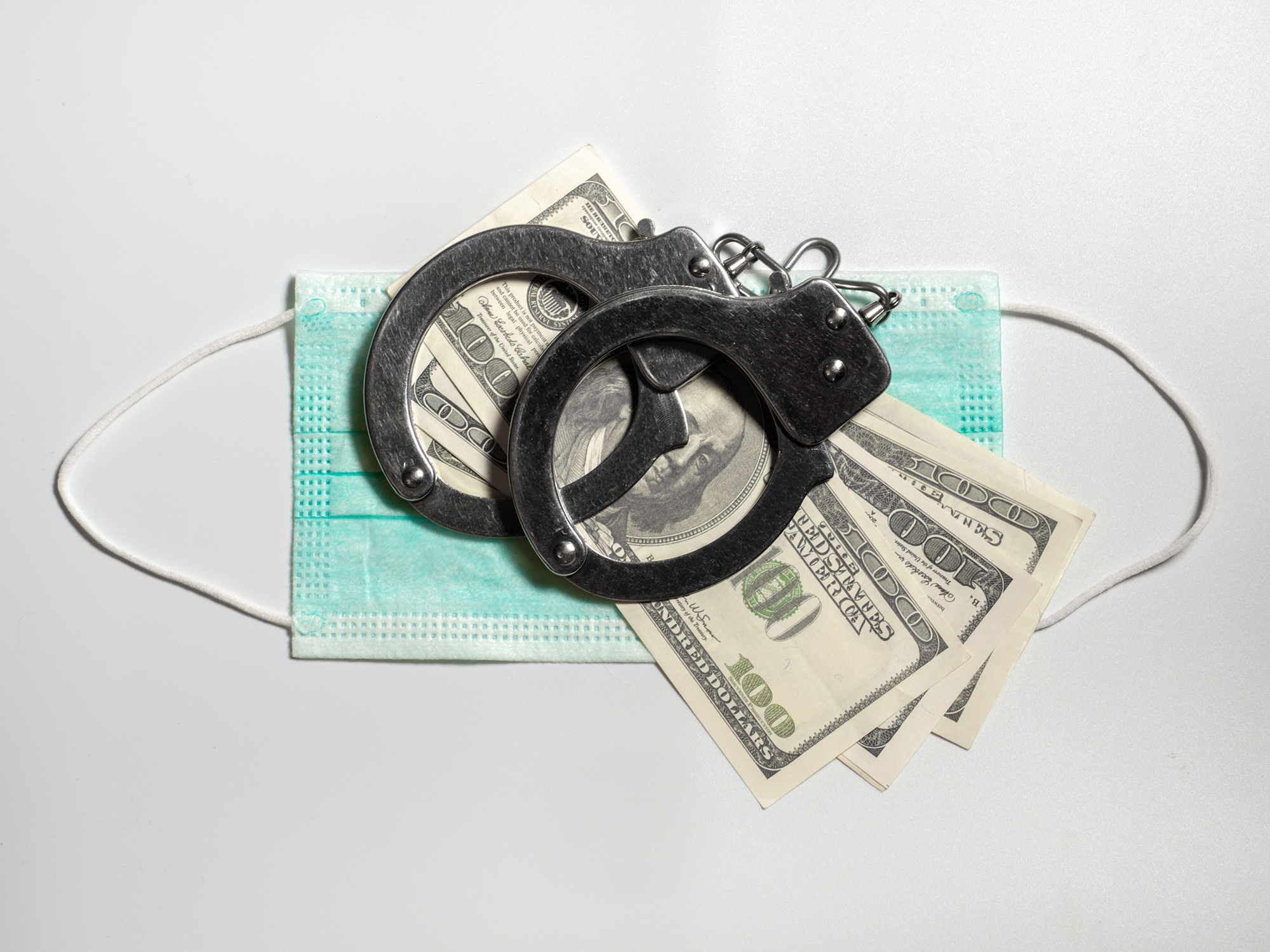Within the EU, for instance, a situational report by the European Union Agency for Law Enforcement Co-operation (Europol) has identified fraud, cyber-crime, counterfeit or substandard goods and property crime as the main areas in which criminal activity has seen an upsurge.
By contrast, there appears to be limited discussion internationally about how criminal organisations are likely to profit from the ongoing situation. This reticence persists despite warnings from front line officials such as Italy’s national anti-mafia prosecutor, Federico Cafiero de Raho. In a recent statement he warned that the current social unease provides the mafias with not only economic opportunity but also the prospect of gaining social acceptance.
The fact that international agencies such as Europol have not included this issue in their latest reports is easily explained by the lack of available data. While police operations can provide immediate figures on seized counterfeit masks or medications and their value, it is probably too early to measure the extent to which organised crime is making inroads into the lifeblood of national economies. Often the activities do not necessarily constitute criminal conduct per se and only reveal their criminal nature when analysed in retrospect. According to Rosario Faraci, professor of economics at the University of Catania, a good example of this is the practice of complicit suppliers and creditors progressively choking legitimate businesses. It is only when the victim is on the verge of bankruptcy that the criminal organisation presents itself by offering a “friendly” acquisition of the failing business.
While the phenomenon has been abundantly studied and monitored in Italy, there is reason to believe that similarly perverse dynamics are at play in other covid-19 affected countries, particularly those with comparable socio-economic conditions. The issue clearly deserves attention at the international level.
As the economic lockdown loosens up, many anemic companies will need quick access to money to re-start their businesses. However, the banking system may grant loans on condition of unfeasibly onerous guarantees. At this delicate juncture, several small and medium-sized enterprises may be tempted to turn to unscrupulous money-lenders.
Criminal groups benefited from a similar scenario during the 2008 subprime financial crisis. At that time Antonio Maria Costa—then the executive director of the UN Office on Drugs and Crime—argued that proceeds from drug-trafficking were “the only liquid investment capital” available to some banks on the brink of collapse. Accordingly, a vast amount of drug profits—with an estimated worth of £216bn—was injected into the economic system. The difference is that in 2008 the liquidity crisis affected the banking sector: it now affects the “real economy”. This distinction will make little difference to organised crime outfits.
On a related note, usury is another highly effective money-laundering vehicle. It is made even more palatable by the fact that, when the loans cannot be repaid, criminal groups can often take direct control of the businesses they were purporting to rescue. History shows a pattern of spikes in usury practices at times of profound economic crisis. Shortly before engaging in the lucrative alcohol-smuggling operations of the Prohibition era, criminal gangs in the US were already accumulating big profits by resorting to “loan-sharking” during the Great Depression.
But usury is only one manifestation of a wider problem which is exacerbated in the informal sectors of an economy. For example, by definition people who lose undeclared jobs have no means of applying for any unemployment benefits their governments might provide. The “helping hand” offered by criminal groups may initially appear a gift but will be more akin to slavery in the long term. There are no acts of generosity that come with an expectation of life-long loyalty and subservience.
Whether in the form of subsidies, unemployment benefits or state-guaranteed bank loans, many countries are enacting extraordinary transfers of “rescue money” to sustain battered communities. In so doing, it is critical that they modulate these unprecedented injections of liquidity carefully and anticipate how they could impact organised crime. Some resources, in particular, should be used to create or better-equip anti-usury mechanisms. In Italy, the Fund for the Prevention of Usury is a vital safety net relying on the active role of local anti-usury associations. Similar schemes could be implemented elsewhere. It is for each country to determine the appropriate levels of public sector, bank and civil society involvement to prevent organised crime from further encroaching upon the lives and assets of those living in regions with increasingly fragile economies.
The views and opinions expressed in this article are those of the authors and do not necessarily reflect the views of The Economist Intelligence Unit Limited (EIU) or any other member of The Economist Group. The Economist Group (including the EIU) cannot accept any responsibility or liability for reliance by any person on this article or any of the information, opinions or conclusions set out in the article.




